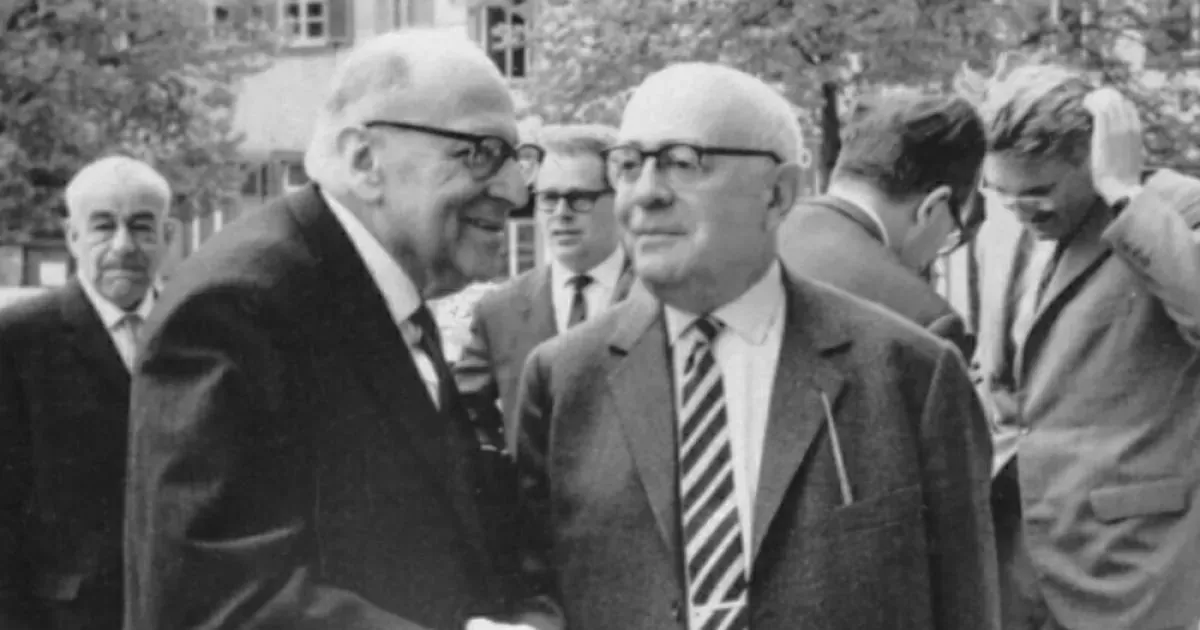The Frankfurt School, originating from the Institute for Social Research in Frankfurt (1923), represents a critical school of thought encompassing sociology and philosophy. Its core members, including Adorno, Horkheimer, Benjamin, Marcuse and Habermas, were intellectuals who critiqued the dominant socio-economic systems of the 1930s, such as capitalism, fascism, and communism. The school developed critical theory, focusing on the role of ideology, culture, and communication in maintaining social power structures. It remains influential in social and political thought.
1918: Start of the Weimar Republic and Political Turmoil
In 1918, the Weimar Republic began, marked by political turmoils of the interwar years (1918–39), influencing the development of the critical theory philosophy of the Frankfurt School. The scholars were especially influenced by the Communists' failed German Revolution of 1918–19.
1922: First Marxist Workweek Organized
In 1922, Felix Weil organized the First Marxist Workweek in an effort to synthesize different trends of Marxism into a coherent, practical philosophy. Participants included György Lukács, Karl Korsch, Karl August Wittfogel, and Friedrich Pollock.
1923: Founding of the Institute for Social Research
In 1923, the Institute for Social Research was founded at Goethe University Frankfurt by Carl Grünberg, a Marxist professor of law at the University of Vienna. It was the first Marxist research center at a German university. The school was funded by Felix Weil.
1923: Institute for Social Research Founded
In 1923, the Institute for Social Research was founded at Goethe University Frankfurt. This school of thought is in sociology and critical philosophy. The first generation of the Frankfurt School consisted of intellectuals, academics, and political dissidents dissatisfied with the socio-economic systems of the 1930s.
1930: Max Horkheimer Becomes Director
In 1930, Max Horkheimer became the director of the Institute for Social Research. He recruited intellectuals such as Theodor W. Adorno, Erich Fromm, and Herbert Marcuse.
1932: Publication of Key Texts
In 1932, the Economic and Philosophical Manuscripts of 1844 and The German Ideology were published. These texts were interpreted as showing a continuity between Hegelianism and Marxist philosophy, furthering the intellectual development of the Frankfurt School.
1933: Institute Moves to Geneva
In 1933, soon after Adolf Hitler's rise to power, the Institute for Social Research moved from Frankfurt to Geneva due to the anti-intellectual threat of Nazism.
1933: Rise of Nazism
In 1933, the rise of Nazism, a German form of fascism, influenced the Frankfurt scholars to explain such reactionary politics, by applying critical selections of Marxist philosophy to interpret and explain the origins and causes of reactionary socioeconomics in 20th-century Europe.
1935: Institute Moves to New York City
In 1935, the Institute for Social Research moved from Geneva to New York City, joining Columbia University. The School's journal was renamed "Studies in Philosophy and Social Science".
1937: "Traditional and Critical Theory" Published
In 1937, Max Horkheimer defined critical theory in "Traditional and Critical Theory" as social critique meant to effect sociologic change and realize intellectual emancipation. Critical theory analyzes the ruling understandings (the dominant ideology) generated in bourgeois society.
1937: Horkheimer's Critique of Traditional Theory
In 1937, in "Traditional and Critical Theory", Max Horkheimer contrasted critical theory with traditional theory, which he characterized as positivistic and purely observational, aimed at establishing scientific laws about the real world. He argued that social sciences differ from natural sciences because their generalizations are filtered through the researcher's biases.
1944: Publication of Dialectic of Enlightenment
In 1944, Adorno and Horkheimer's Dialectic of Enlightenment was published during the Institute's exile in America. This work shifted emphasis from a critique of the material forces of production to a critique of the social and ideological forces bought about by early capitalism. The book uses the Odyssey as a paradigm for the analysis of bourgeois consciousness.
1950: Influence of The Authoritarian Personality
In 1950, The Authoritarian Personality had a tremendous influence on Richard Hofstadter and other liberal intellectuals. It showed them how to conduct political criticism in psychiatric categories, allowing them to dismiss opponents on psychiatric grounds instead of arguing with them.
1953: Institute Re-established in Frankfurt
In 1953, the Institute for Social Research (Frankfurt School) was formally re-established in Frankfurt, West Germany.
1964: Publication of One-Dimensional Man
In 1964, Marcuse's One-Dimensional Man described the containment of the working class by material consumption and mass media. Marcuse was pleased when the civil rights movement intensified and serious opposition to the Vietnam war began. Student activists then took an interest in Marcuse and his works. He became known as the "Guru of the New Left".
January 1969: Adorno Calls Police on Students
In January 1969, when Hans-Jürgen Krahl led a group of students to occupy a room, Adorno called the police to remove them, angering the students. Marcuse criticized Adorno's decision to call the police. Adorno's action caused friction between Adorno and Marcuse.
1971: Lukács Criticizes Frankfurt School
In 1971, György Lukács criticized the "leading German intelligentsia", including some members of the Frankfurt School (Adorno is named explicitly), as inhabiting the Grand Hotel Abyss, a metaphorical place from which the theorists comfortably analyze the world beyond.
1975: Death of Felix Weil
In 1975, Felix Weil, who funded the Institute for Social Research, died.
Mentioned in this timeline
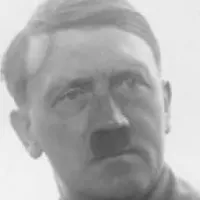
Adolf Hitler's ascent to power began in when he joined...
Germany officially the Federal Republic of Germany is a Western...
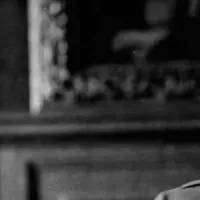
Fascism is a far-right authoritarian ultranationalist ideology prominent in early...
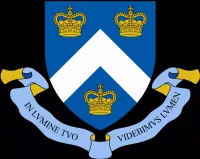
Columbia University located in New York City is a private...

War is defined as an armed conflict involving the organized...

A hotel is a commercial establishment offering short-term paid lodging...
Trending
7 months ago Reza Pahlavi sees opportunity to end Iranian regime, urges break with Islamic Republic.

3 months ago Republicans Question Trump's Drug War and Military Actions: A Shift in Stance?

10 months ago Dan Hurley Discusses UConn Basketball, Transfer Portal on '60 Minutes'

1 month ago NY AG Seeks Disqualification of US Attorney Investigating Trump Lawsuits: A Legal Challenge
9 months ago Barcelona and Real Madrid to Clash in Copa del Rey Final El Clasico.

Marshon Lattimore is a professional American football cornerback currently playing for the Washington Commanders After a college career with the...
Popular

Stranger Things created by the Duffer Brothers is a popular...

XXXTentacion born Jahseh Dwayne Ricardo Onfroy was a controversial yet...
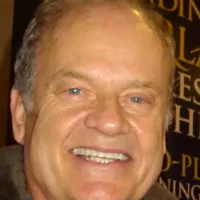
Kelsey Grammer is an accomplished American actor producer and singer...

Candace Owens is an American conservative political commentator and author...

Bernie Sanders is a prominent American politician currently serving as...

Marco Rubio is an American politician attorney and diplomat He...
